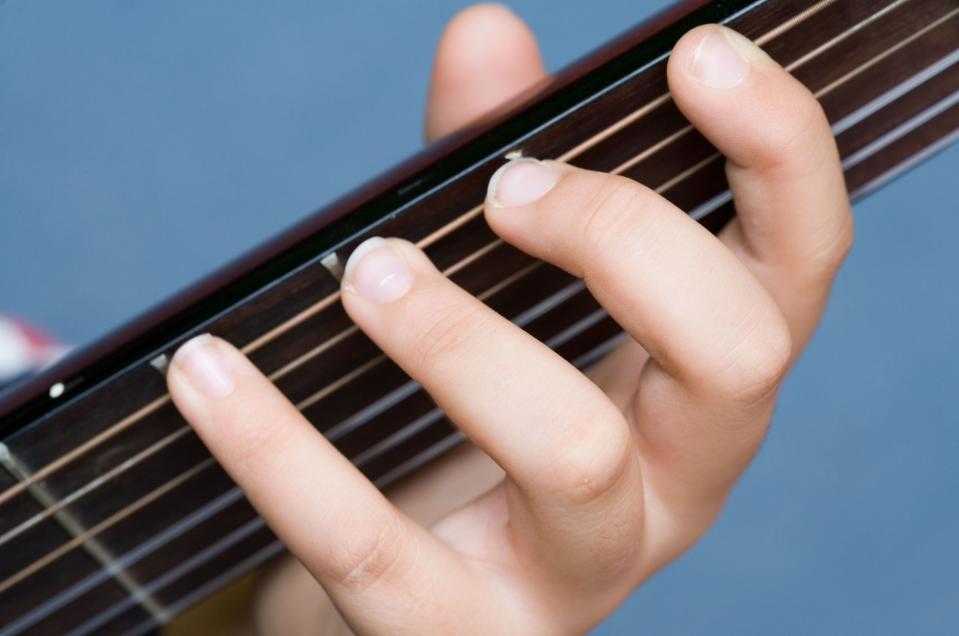UK government backs young musicians after £1.3m boost

Schools will receive a new model music curriculum to ensure all pupils are able to enjoy high quality lessons, following a funding boost of over £1.3m, the government announced on Friday.
It said an expert panel of teachers, education leaders and musicians will devise the new model to help schools deliver “world-class teaching” after committing an additional £1.33m funding to the Department for Education’s music education hubs.
The hubs were set up in 2012 to support the teaching of music both in and out of schools, and are currently supported by £300m as part of an overall £500m investment in the arts between 2016 and 2020. This makes music the second highest-funded element of the curriculum after PE.
READ MORE: Video games introduce children to classical music, research reveals
Nick Gibb, school standards minister, said: “Having the opportunity to study and explore music isn’t a privilege, it’s a vital part of a broad and balanced curriculum – and that’s why I’m determined all pupils should have access to a world-class music education.
“All pupils at least up to the age of 14 should study music in school. We want to make sure their lessons are of the very highest quality and pupils leave school having experienced an excellent music education so those who wish to do so can take up opportunities to pursue musical careers.
“This new model curriculum and the money for our successful music hubs will make sure the next generation of Adeles, Nigel Kennedys and Alex Turners have all the support they need in school.”
READ MORE: Teachers use meditation apps in class to rewire kids’ brains, improve performance
According to a report by Arts Council England, these music education hubs have reached 89% of schools across the country, leading to 700,000 pupils up to the age of 14 learning how to play an instrument in the 2016 to 2017 academic year.
The panel overseeing the new curriculum for key stage 1, 2 and 3 pupils will be chaired by Veronica Wadley, governor of Yehudi Menuhin specialist music school and co-founder of London Music Fund. It will begin work immediately with the aim of publishing the model by the end of summer.
As well as ensuring all pupils can benefit from “knowledge-rich” and “diverse” lessons, the government said it hopes the curriculum will make it easier for teachers to plan lessons, and help them reduce workload. It will provide a framework for schools to base their own programmes of study on.
READ MORE: Primary school children aspire to be YouTubers
Wadley said: “I am looking forward to working with the expert group on publishing a rigorous knowledge-based music curriculum that schools can use to provide a rich and sustained music education for all their pupils. I am also delighted there is additional funding announced today to support music eduction hubs.”

 Yahoo Finance
Yahoo Finance 